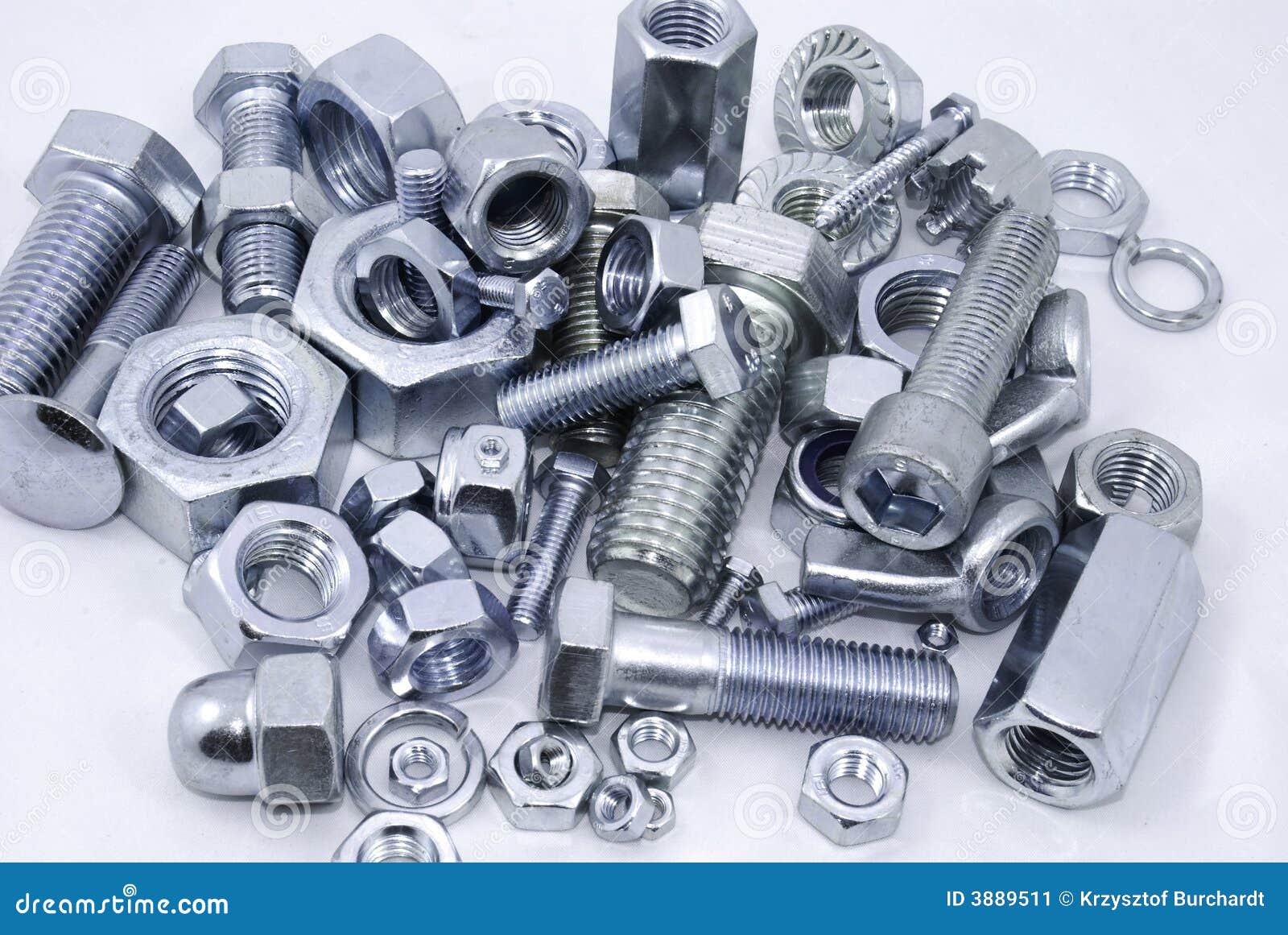When consider on the environment in us, it’s easy to overlook the tiny components that have a monumental role in our everyday lives. Included among these are fasteners, the often overlooked heroes of construction, automotive repair, and numerous DIY projects. These basic yet efficient fasteners are critical in holding together everything from the seating we sit on to the cars we use. In their absence, our contemporary system would be a mess of disassembled parts rather than a unified whole.
In this comprehensive overview, we will delve into the details of fasteners, looking into the diverse types and their specific uses. Whether you are a veteran professional looking for a update or a rookie eager to understand the essentials, understanding these fasteners is crucial. We will cover the complete range from the most frequent bolt types and their applications, to the nuances of materials and protective layers. Come along as we uncover how to select the appropriate nuts and bolts for your endeavors, securing robustness, extended use, and effectiveness in each assembly.
Grasping Nuts and Bolts
Fasteners are crucial components in countless applications, providing the necessary fastening needed to hold materials together. They come in different shapes, sizes, and materials, each designed to serve distinct functions in a wide range of industries. Grasping the fundamentals of these fasteners is crucial for anyone involved in building, automotive maintenance, or DIY tasks. The simplicity of their design belies the important role they play in ensuring safety and stability.
Fasteners are typically characterized by their screwed shafts, which allow them to be securely attached through pre-drilled holes in substances. Fasteners, on the other hand, are inside threaded and are used in conjunction with bolts to create a robust joint. Together, they create a connection that can bear stress and shear loads, making them necessary for everything from furniture assembly to heavy machinery installation. With Washer Nuts of fasteners, one can make educated choices for multiple tasks.
Choosing the right type of nut and bolt depends on multiple factors, including the substances being joined, the load they need to support, and the setting in which they will be used. Different situations may call for specific types, such as lock nuts for vibration resistance or anchor fasteners for securing structures. By acquainting oneself with the various options and their uses, it's possible to select the most suitable fasteners to ensure strong connections in any task.
Types and Uses of Fasteners

Fastening devices, such as nut fasteners as well as bolts, exist in a multitude of forms intended for specific uses. Frequent types of bolts include hexagonal, carriage, and slow-setting bolts, each serving unique functions. Six-sided fasteners are adaptable and commonly used in building and industrial applications, whereas cart screws are suited for lumber, featuring a flat, curved head. Heavy-duty bolts offer superior grip in heavy-duty applications, making them essential for building junctions in construction and platform.
Nuts also vary greatly, with options such as hex nut fasteners, lock nut fasteners, and disk nut fasteners. webpage are the most popular, used with matching bolts for tight fastening. Locking nuts have a device to prevent loosening under vibration, making them ideal for vehicle and mechanical uses. Washers nut fasteners provide a greater contact surface and are utilized where a secure hold is required, commonly in conjunction with various fasteners in complex structures.
Choosing the right fastener is determined by the materials being fastened and the application's specifics. For example, timber projects may call for heavy-duty fasteners and compatible nut fasteners, while metal applications often need machine fasteners and standard nuts. Grasping the variations between standard fasteners compared to specialized options like security fasteners or plastic locking nuts is important for ensuring durability and efficiency in your projects.
Picking the Right Fastener
Choosing the appropriate fasteners is essential to the effectiveness and robustness of all project. Take into account the elements you are working with; for example, wood and steel require different types of fasteners and bolts. The selection of fasteners also is influenced by factors such as load-bearing specifications, environmental factors, and the availability of bolts and nuts during installation. Knowing the details of your work will enable you to make wise choices.
A further important aspect to consider is the type of fasteners necessary for the purpose. For heavy-duty construction, alternatives like heavy-duty bolts or anchor bolts may be needed, while regular hex bolts might suffice for less demanding jobs. Additionally, the thread type—coarse, fine, or metric—will influence how effectively the fastener grips in various mediums. Be sure to consider the circumstances under which the nuts and bolts will be used, such as exposure to moisture or severe heat.
Finally, understanding the particular purposes of multiple fasteners is equally important. For example, if movement is a factor, lock nuts or nylon locking nuts should be taken into account, as they provide additional safeguards against becoming loose. Ultimately, researching and choosing the suitable nuts and fasteners will not only ensure the stability of your work but also improve security and longevity.
